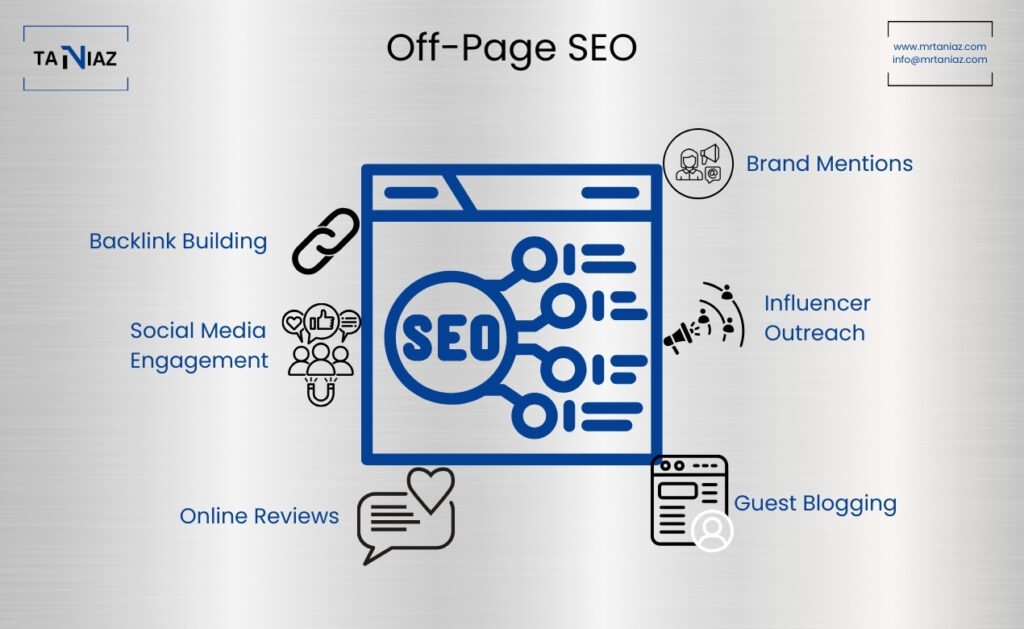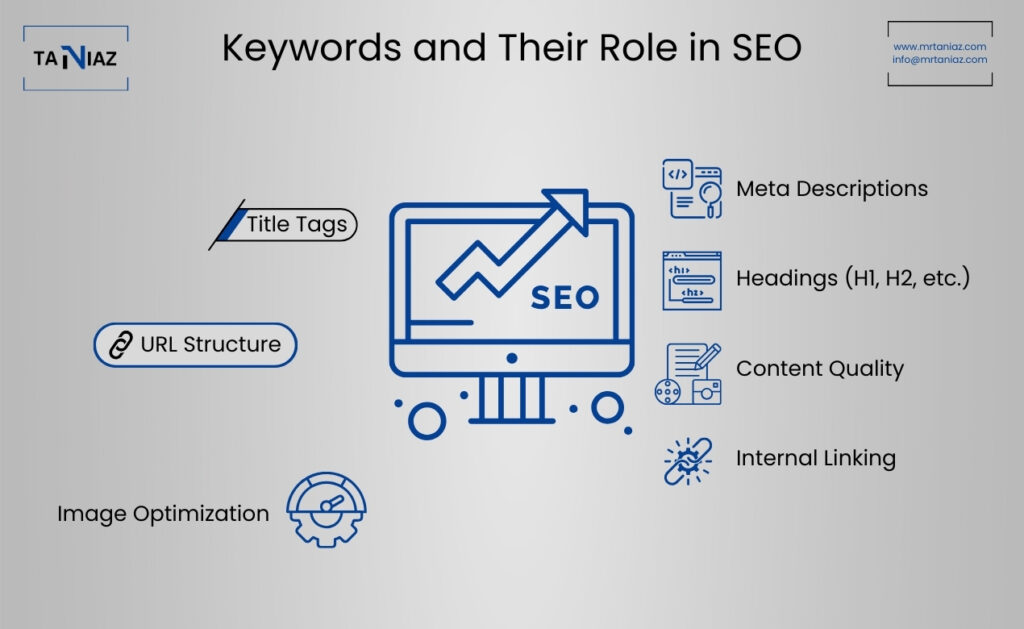Introduction to SEO (Search Engine Optimization)
SEO, or Search Engine Optimization, is the practice of optimizing websites to rank higher on search engine results pages (SERPs). It helps businesses gain visibility, attract more traffic, and improve online credibility. Key Concepts: 1. Keywords: Words or phrases users type into search engines. These should match the content on your site to attract visitors. 2. On-Page SEO: Optimizing elements on your website, such as titles, meta descriptions, and content. 3. Off-Page SEO: Activities outside your website, like building backlinks from other trusted sites. 4. Technical SEO: Ensuring the website is fast, mobile-friendly, and easy to navigate. 5. User Intent: Understanding what the user is looking for and creating content to meet that need. SEO is essential for organic (unpaid) traffic and building a long-term online presence. Knowledge Test Answer these 5 MCQs: 1. What does SEO stand for?a) Search Engine Operationb) Social Engagement Optimizationc) Search Engine Optimizationd) Strategic Engine Outreach 2. Which is an example of on-page SEO?a) Backlink buildingb) Writing a blog with target keywordsc) Sharing posts on social mediad) Running a PPC campaign 3. What is the role of keywords in SEO?a) To distract search enginesb) To match user queries with website contentc) To increase website load timed) To reduce organic traffic 4. Which of the following is part of technical SEO?a) Creating engaging contentb) Optimizing site speedc) Posting on Instagramd) Writing catchy ad headlines 5. Which of the following is NOT a benefit of SEO?a) Increases organic trafficb) Improves online visibilityc) Guarantees instant resultsd) Builds website credibility Answers of 5 MCQs. Answer 1: c) Search Engine Optimization Answer 2: b) Writing a blog with target keywords Answer 3: b) To match user queries with website content Answer 4: b) Optimizing site speedAnswer 5: c) Guarantees instant results Arrange Statements: Arrange these steps of an SEO strategy in the correct order:a) Research target keywords.b) Optimize website content.c) Build backlinks to your website. Correct Order: Questions to Choose Correct Answers: 1. Which is the first step in SEO?a) Creating backlinksb) Researching keywordsc) Optimizing social media posts 2. Which SEO type focuses on activities outside your website?a) On-page SEOb) Off-page SEOc) Technical SEO Answer of 2 Questions. Answer 1: b) Researching keywordsAnswer 2: b) Off-page SEO Assignment for Students: Assignment for Students:


